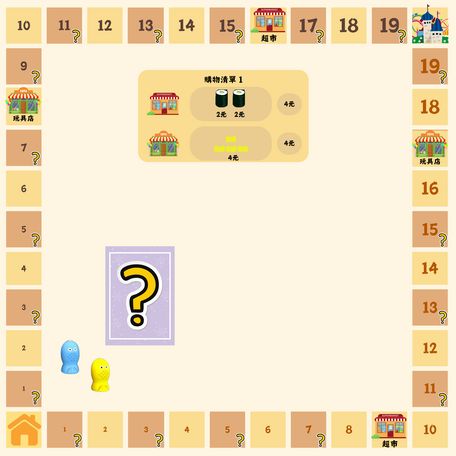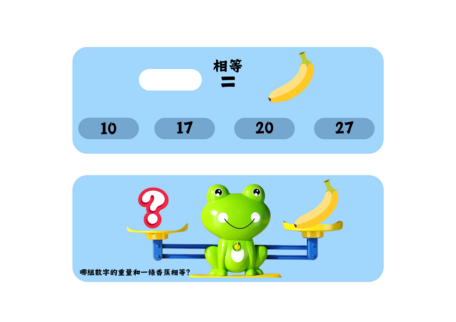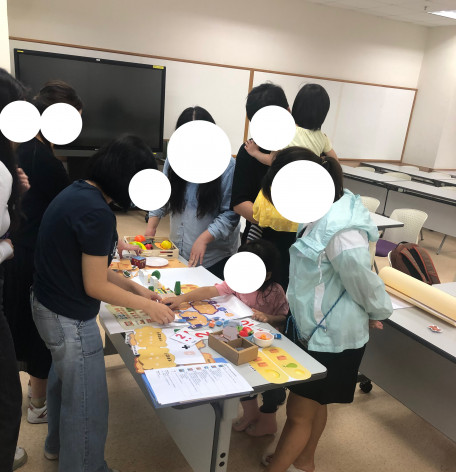Playful Learning of Math Equivalence: Design, Testing, and Analysis of a Game with Children and Caregivers
Funding Scheme
Early Career Scheme (RGC)
Funding Amount
HK$1,164,060
Awarded Year
2023
A board game develops the maths abilities of pre-schoolers
This project aims to enhance children's understanding of mathematical equivalence, a crucial foundation for later mathematical achievements. It involves three key stages:
- Participatory game design with children and caregivers,
- Experimental testing of the game's effects on aspects of mathematics learning, and
- Analysis of children's learning behaviours during gameplay.
Through this project, we contribute to theories of mathematical development, inform pedagogical sequencing, and provide practical educational resources that are engaging and culturally appropriate for the local context.
Sustainable Development Goals
In 2015, UN member states agreed to 17 global Sustainable Development Goals (SDGs) to end poverty, protect the planet and ensure prosperity for all. The research team contributes towards the following SDG(s):
This research aims to address a lack of developmentally appropriate early maths education resources that often leads to primary school instruction being adapted for preschoolers. This negatively impacts children’s later achievement. We specifically target math equivalence, a crucial and foundational concept for children's maths learning and development.
The board game is more than just a learning tool for children. It is also a resource for caregivers and educators. By involving caregivers in the design process, we empower them to take an active role in their child’s education. The game provides practical strategies to engage children in playful maths activities at home, creating a supportive learning environment that extends beyond the classroom. For educators, the game’s innovative play-based approach offers a ready-to-use resource that aligns with curriculum goals and enriches teaching practices.
The benefits of this research extend to a wide range of stakeholders, including young children, caregivers, educators, and the broader community. Children will gain a deeper understanding of maths equivalence and improve their performance through hands-on, interactive learning. Caregivers will gain insights and inspiration to engage children in playful learning across everyday contexts. Educators can use the game to enrich teaching practices. The broader community will benefit from the early maths experiences and perspectives to be shared based on this project, fostering deeper engagement in early childhood education.









